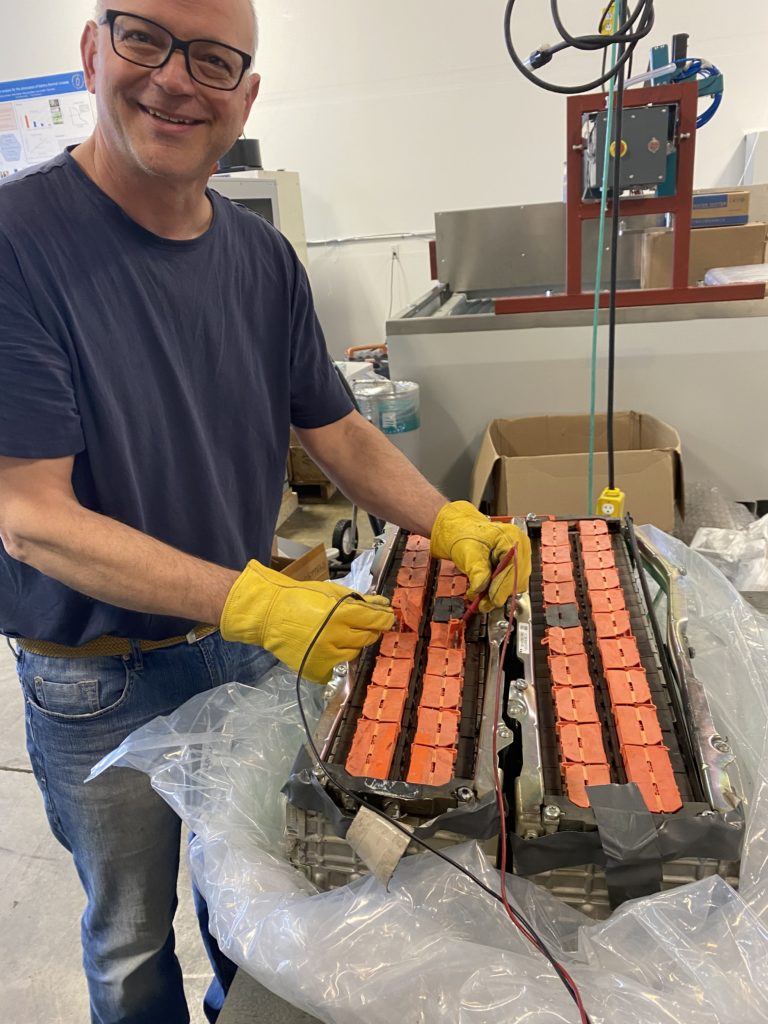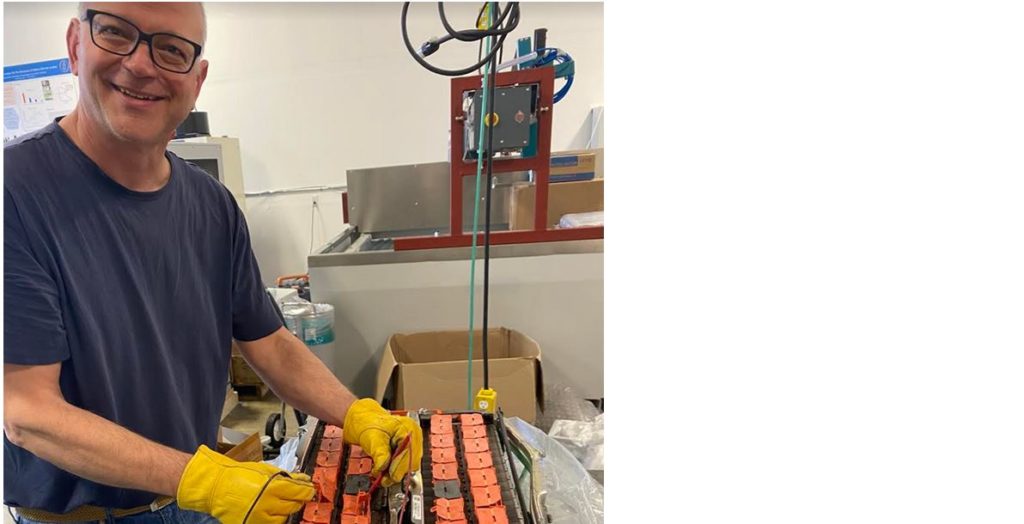
Wednesday, April 14, 2021, 1:00-2:00pm (Pacific Time)
TITLE: Low-Cobalt Lithium-ion recycling, Cathode-healing® for the Brave New World of Battery Sustainability
Current recycling technologies are a technical mismatch for advanced battery materials. Manufacturers continue to accept and embrace these expensive approaches on one hand, then decry the razor thin margins of lithium-ion manufacturing on the other. With 200+ giga factories expected by the end of the decade, the lithium-ion battery industry has a great opportunity to eliminate $20+ billion/y in costs by that time. To do this, manufacturers can adopt the low-cost, high efficiency direct recycling opportunity. Efficiency is critical for competitive US manufacturing of lithium-ion batteries and eliminating the 5-10% cost on manufacturing due to scrap can improve razor thin margins. OnTo’s direct recycling technologies are not constrained by cobalt content, and reutilize lithium without costly purification to a battery grade lithium-salt. These technologies will be part of the future infrastructure to support the robust, circular economy for affordable electric vehicles and energy storage.
Bio
Steve Sloop is the President and founder of OnTo Technology. Since 2004, the company has performed contract R&D to pioneer comprehensive methods to improve safety and efficiency in recycling lithium-ion batteries and materials. These innovations include deactivation/de-powering batteries to eliminate hazards in transportation and storage; electrolyte extraction; electrode harvesting and separation; and cathode-healing®, which is a direct method to reintroduce lithium, structure, and performance to scrap electrodes. Dr. Sloop has a Ph.D. in inorganic chemistry from Oregon State University (1996), and post-doctoral experience at Lawrence Berkeley National Laboratory (98-00) in Dr. John Kerr’s laboratory where he worked on transport properties in polymer electrolytes and in the ATD program, which was multi-laboratory/industrial collaborative team to develop diagnostic understanding of lithium-ion battery lifetime limitations.

